Trading profits boost Glencore
Commodities trading and mining giant Glencore impressed the markets with its first full-year results.

Get the latest financial news, insights and expert analysis from our award-winning MoneyWeek team, to help you understand what really matters when it comes to your finances.
You are now subscribed
Your newsletter sign-up was successful
Want to add more newsletters?

Twice daily
MoneyWeek
Get the latest financial news, insights and expert analysis from our award-winning MoneyWeek team, to help you understand what really matters when it comes to your finances.

Four times a week
Look After My Bills
Sign up to our free money-saving newsletter, filled with the latest news and expert advice to help you find the best tips and deals for managing your bills. Start saving today!
Commodities trading and mining giant Glencore impressed the markets with its first full-year results since its $66bn takeover of Xstrata in May 2013.
It posted a 7% drop in income to $4.3bn, excluding one-off charges, with a 23% drop in earnings from the mining division offset by an 18% jump at the trading arm. The group mines and markets 93 commodities.
What the commentators said
The trading arm is worth 42% of group earnings, and it covers a wide range of raw materials: the trading profits stemmed completely from Glencore's agriculture sub-segment. Profits at the grain and oilseed business quadrupled, offsetting a decline in earnings from trading mined commodities and energy.
MoneyWeek
Subscribe to MoneyWeek today and get your first six magazine issues absolutely FREE

Sign up to Money Morning
Don't miss the latest investment and personal finances news, market analysis, plus money-saving tips with our free twice-daily newsletter
Don't miss the latest investment and personal finances news, market analysis, plus money-saving tips with our free twice-daily newsletter
The burning question now, said Elizabeth Knight in the Sydney Morning Herald, is whether Glencore still wants to take over Rio Tinto, leapfrogging BHP Billiton to create the world's biggest miner. Last year's tilt was rejected by Rio's board, but "few believe Glencore has gone away". The firm merely appears to have "moved into the background to regroup" now that the price of iron ore, Rio's main product, has further declined.
But rather than go shopping, Glencore may have to concentrate on keeping investors and ratings agencies "comfortable with its debt pile", reckoned Helen Thomas in The Wall Street Journal.
Its net debt, at three times the earnings of its mining segment, is far higher than sector peers, and its shares have already priced in a recovery in metals prices. Throw in the threat of a downgrade by Standard & Poor's if it pursues mergers or hands out too much cash to shareholders, and the industry's "ultimate dealmaker" appears to have "limited room for manoeuvre".
Get the latest financial news, insights and expert analysis from our award-winning MoneyWeek team, to help you understand what really matters when it comes to your finances.

-
 Should you buy an active ETF?
Should you buy an active ETF?ETFs are often mischaracterised as passive products, but they can be a convenient way to add active management to your portfolio
-
 Power up your pension before 5 April – easy ways to save before the tax year end
Power up your pension before 5 April – easy ways to save before the tax year endWith the end of the tax year looming, pension savers currently have a window to review and maximise what’s going into their retirement funds – we look at how
-
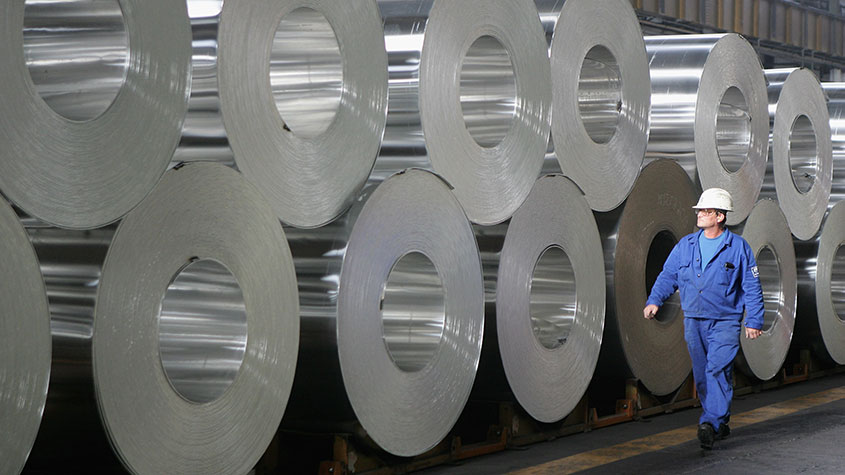 These 2 stocks are set to soar
These 2 stocks are set to soarTips The returns from these two aluminium and tin stocks could be spectacular when the commodity cycle turns says David J Stevenson.
-
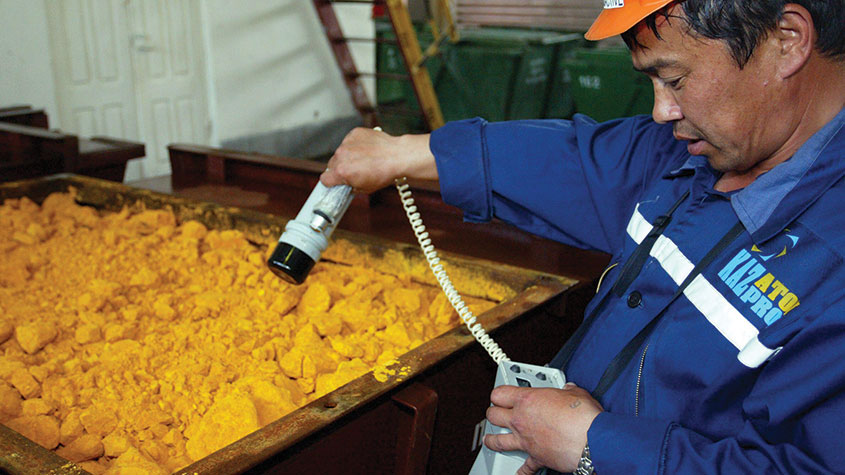 The best ways to buy strategic metals
The best ways to buy strategic metalsTips Weaker prices for strategic metals in the alternative-energy sector are an investment opportunity, says David Stevenson. Here, he picks some of the best ways to buy in.
-
 A lesson for investors from a ill-fated silver mine
A lesson for investors from a ill-fated silver mineAnalysis Mining methods may have changed since the industry’s early days, but the business hasn’t – digging ore from the ground and selling it at a profit. The trouble is, says Dominic Frisby, the scams haven't changed either.
-
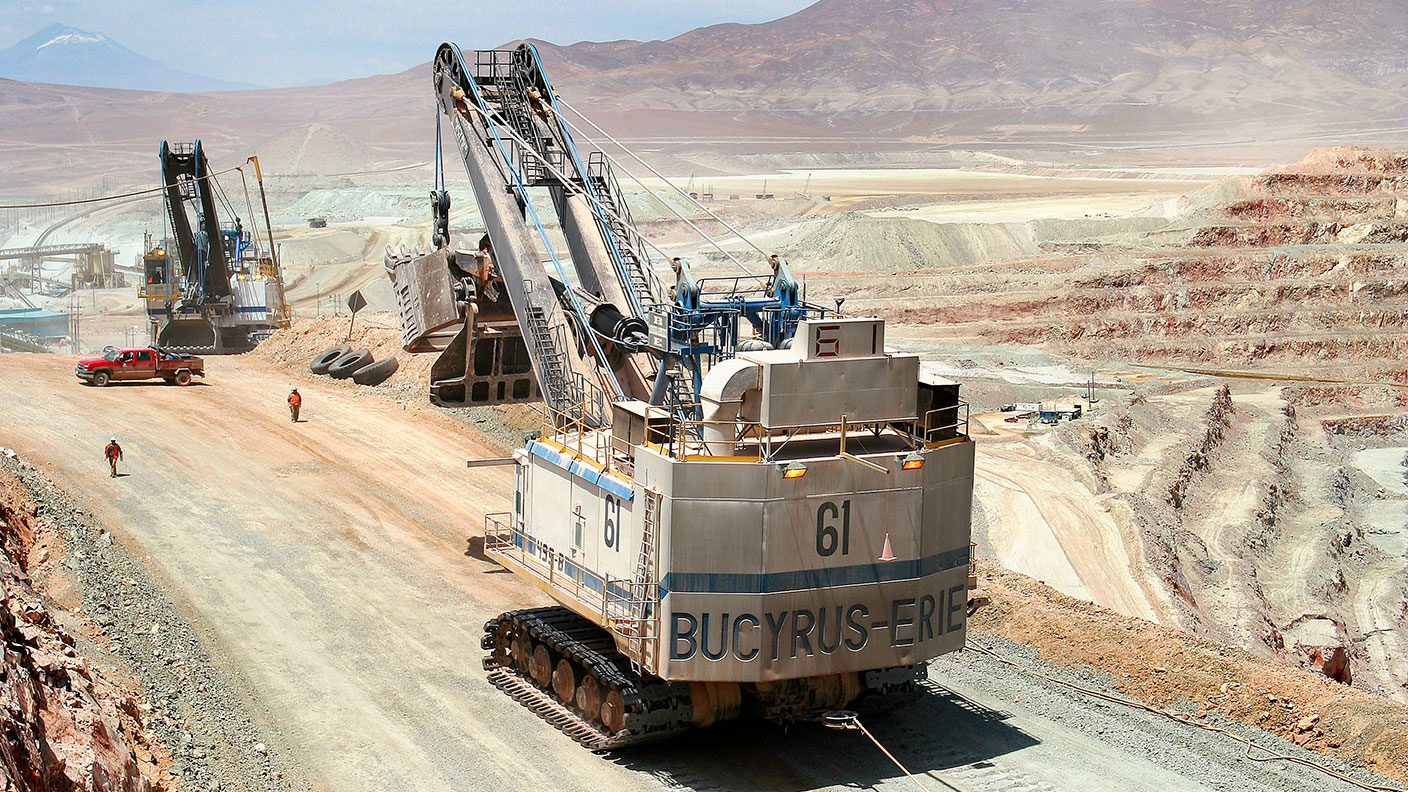 The natural resources industry is in a tight spot – which is bad news for the rest of us
The natural resources industry is in a tight spot – which is bad news for the rest of usOpinion The natural resources industry is in a bind. We need it to produce more energy and metals, but it has been starved of investment, plagued by supply chain issues, and hobbled by red tape. That’s bad news for everyone, says Dominic Frisby.
-
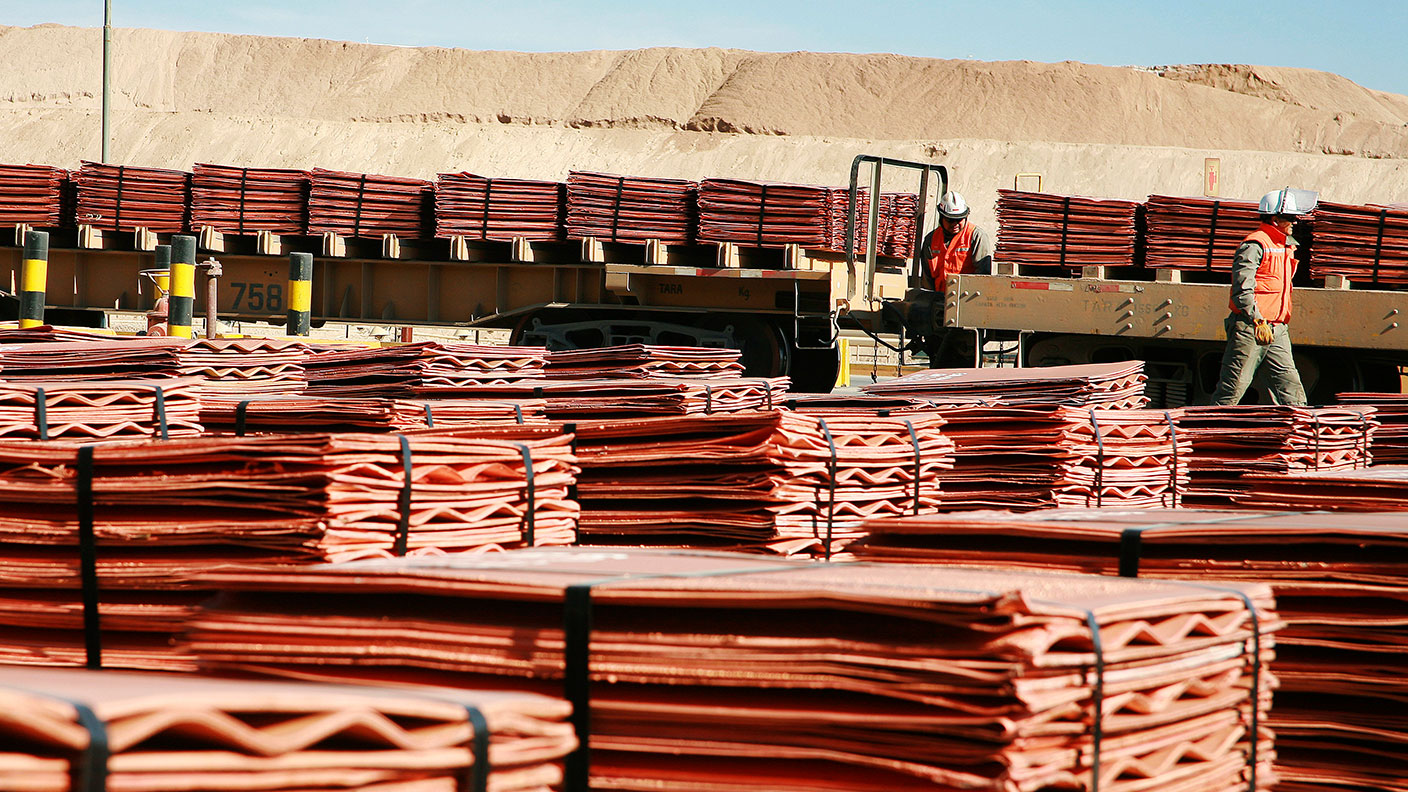 How to invest in the copper boom
How to invest in the copper boomTips The price of copper has slipped recently. But that’s temporary – the long-term outlook is very bullish, says Dominic Frisby. Here, he explains the best ways to invest in copper.
-
 Why investors should consider adding Glencore to their portfolios
Why investors should consider adding Glencore to their portfoliosTips Commodities giant Glencore is well placed to capitalise on rising commodity prices and supply chain disruption, says Rupert Hargreaves. Here’s why you should consider buying Glencore shares.
-
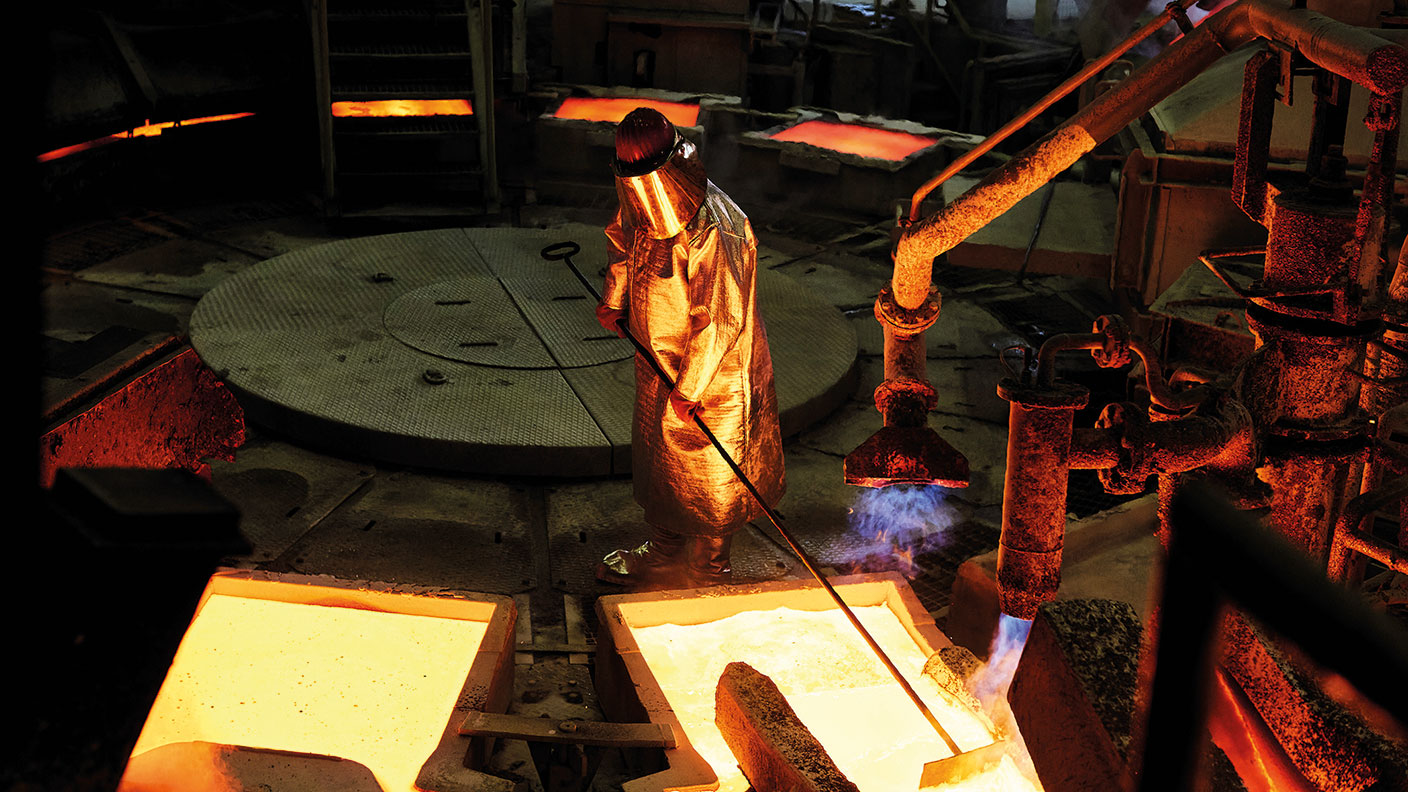 How to invest in the multi-decade boom in industrial metals
How to invest in the multi-decade boom in industrial metalsTips The price of key industrial metals has already begun to rise. The renewable energy transition will take them higher, says David Stevenson. Here's how to profit.
-
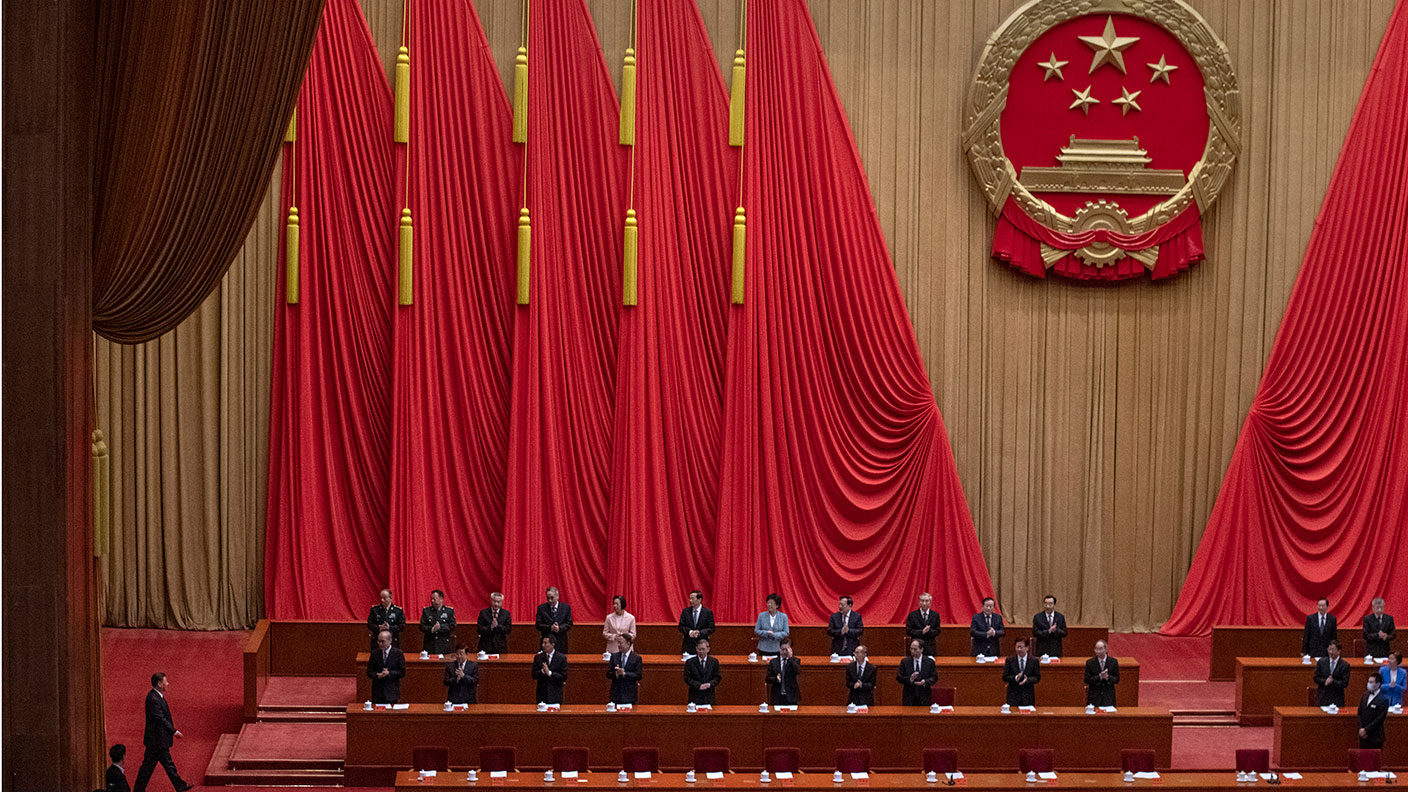 Avoid China’s stockmarket – here’s what to invest in instead
Avoid China’s stockmarket – here’s what to invest in insteadOpinion China’s stockmarket is not a good place for investors to be. But you can't just ignore the world's second-largest economy, says Dominic Frisby. Here, he picks an alternative China play.